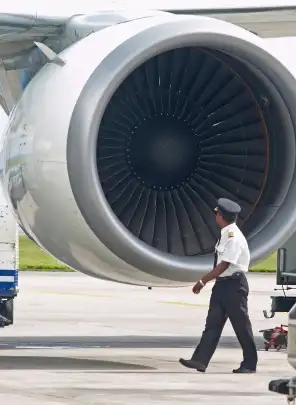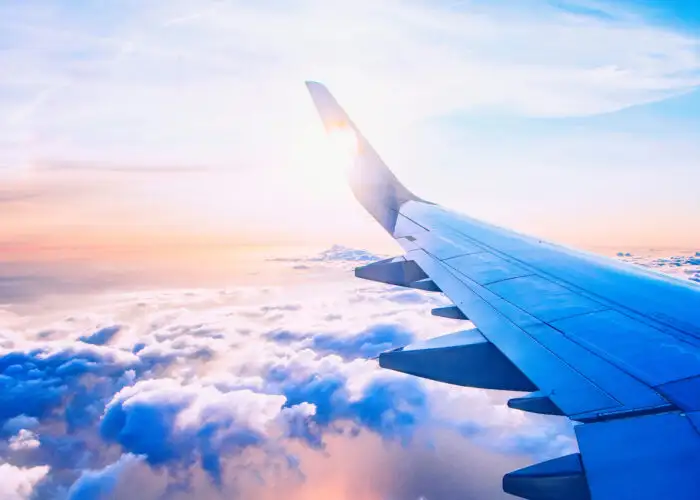
Proposals for new pilot duty and rest rules have been a long time coming. The Federal Aviation Administration (FAA) has been considering changes to its work, duty, and rest regulations for pilots since 1992. More recently, the crash of Colgan Flight 3407 last winter sparked renewed interest in these policies, some of which were blamed for the crash.
Now, here we are. The FAA released a notice of proposed rulemaking (NPRM) that outlines several major changes to pilots’ work, rest, and on-duty time. The NPRM is a long and winding document, so here are the pertinent highlights:
- Mandatory pilot rest period increases from eight to nine hours, and the period begins when the pilot reaches his or her hotel, not when the pilot finishes the flight, as the current rules stipulate. This means pilots’ “rest time” will not include traveling between the airport and hotel, for example.
- Maximum flight time actually increases from eight hours to eight to ten hours, depending on when the pilot begins flying. Only pilots starting their day between 7:00 a.m. and 1:00 p.m. can fly 10 hours.
- On-duty time drops from a maximum of 16 hours per day to a maximum of 13, with extensions available for weather. These maximums, too, vary based on when a pilot begins the day and how many flight segments he or she flies.
- Pilots will be able to decline a flight due to fatigue without penalty, though airlines will be able to investigate why the pilot is tired. Additionally, airline staff will be required to report pilots showing signs of fatigue.
One issue largely unaddressed in the NPRM is that of commuting. You may recall that one of the pilots of Colgan Flight 3407 had commuted from Seattle prior to the doomed flight, and did not spend much or any part of the night in a bed. The NPRM only states that commuting should not be considered part of a rest period, meaning commuting pilots must somehow arrange their commutes to allow for these scheduling restrictions.
Readers, what do you think about the proposed rule changes? Do you think they’ll make flying safer in the long run?
We hand-pick everything we recommend and select items through testing and reviews. Some products are sent to us free of charge with no incentive to offer a favorable review. We offer our unbiased opinions and do not accept compensation to review products. All items are in stock and prices are accurate at the time of publication. If you buy something through our links, we may earn a commission.
Related
Top Fares From Columbus, OH
Today's Top Travel Deals
Brought to you by ShermansTravel
Shop and Save with Country Inns...
Patricia Magaña
 Hotel & Lodging Deals
Hotel & Lodging Deals
$229 -- Chicago: Discounted Rates and...
Francesca Miele
 Hotel & Lodging Deals
$229+
Hotel & Lodging Deals
$229+
$188 -- Honolulu: Save on Oceanview...
Abigail Lamay
 Hotel & Lodging Deals
$188+
Hotel & Lodging Deals
$188+






